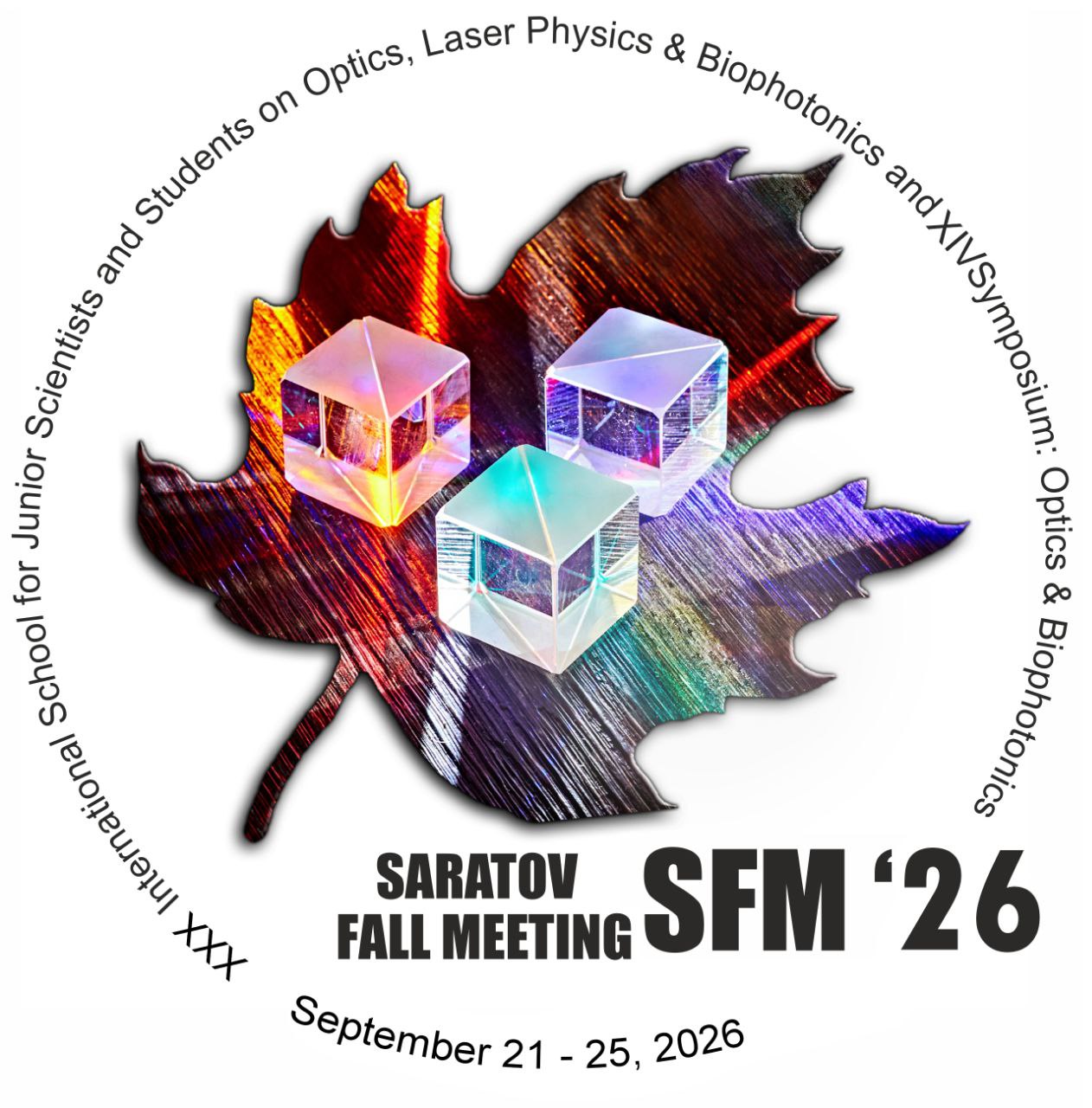Cellular membrane-derived nanovesicles as a Versatile Drug Delivery System for Imaging-Guided Cancer Therapy
Gang Liu; State Key Laboratory of Molecular Vaccinology and Molecular Diagnostics & Center for Molecular Imaging and Translational Medicine, School of Public Health, Xiamen University, China
Abstract
The development of smart nanoparticles that enable to circumvent biological barriers and transport cargoes to target sites in the body promises safer and more effective drug delivery. Since cell membrane-based nanovesicles have the characteristics of both nano-sized and cell-based drug delivery platforms, they are regarded as promising cancer targeted delivery tools for both endogenous and exogenous cargos. What is perhaps most fascinating about these cell membrane-based drug delivery systems is that the natural targeting ability of those producing cells makes the exogenous engineering of targeting moieties unnecessary. In our laboratory, a variety of bio-inspired nano-biomaterials, such as virus-like nanoparticles and ferritin nanocages, have been studied for drug delivery, cell labeling, and gene therapy. A number of hybrid nanoparticles containing synthetic and biological components have been utilized for achieving sustained release and target-specific delivery. We are particularly interested in cell membrane-based nanoparticles containing bioactive molecules useful for therapeutic and imaging applications in cancer theranostics. In this presentation, an innovative biomimetic nanoparticle platform for delivering therapeutic anticancer agents and imaging-guided cancer therapy will be introduced. In addition, the major hurdles in the clinical translation of cell membrane-based delivery systems will be discussed.
Speaker
Gang Liu
Xiamen University
China
Discussion
Ask question


